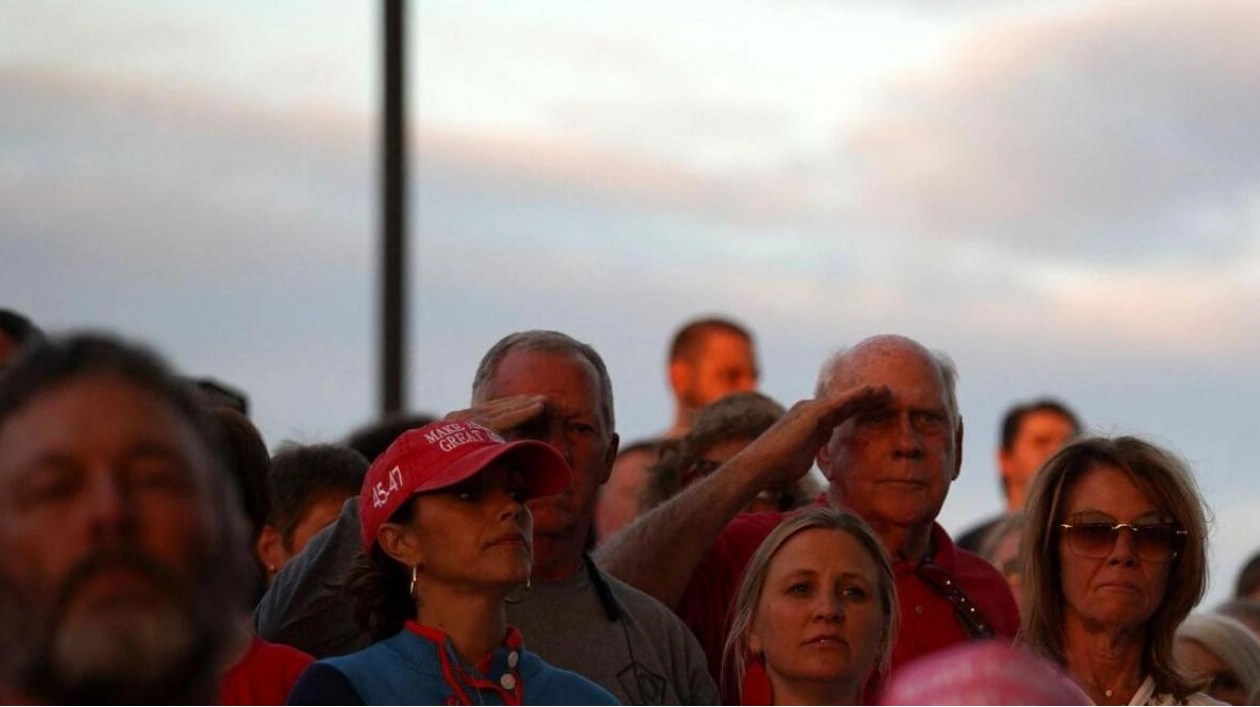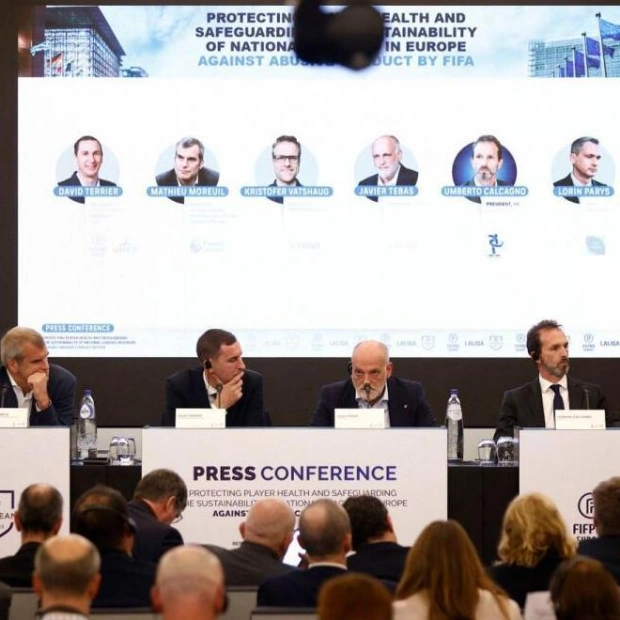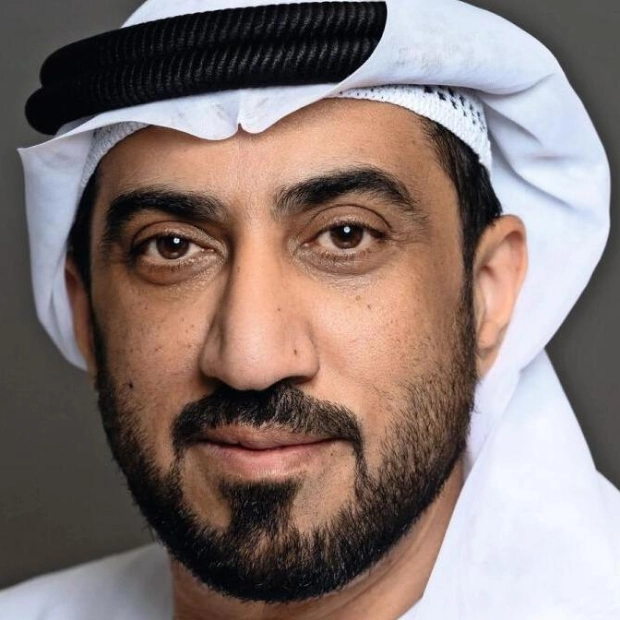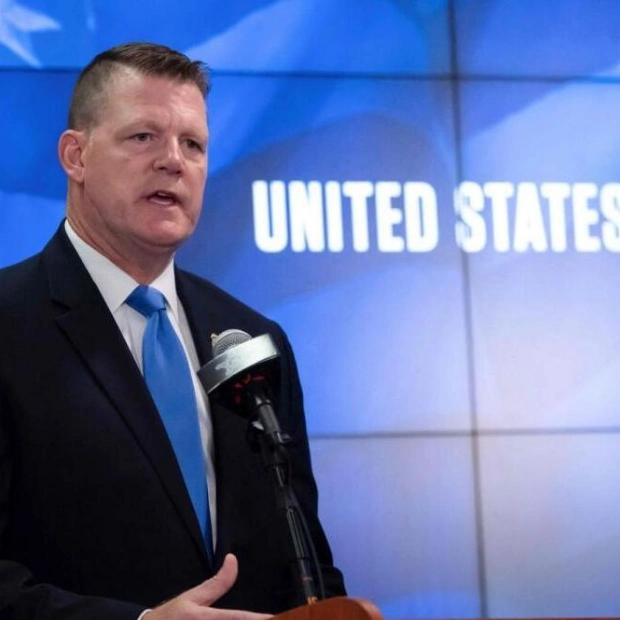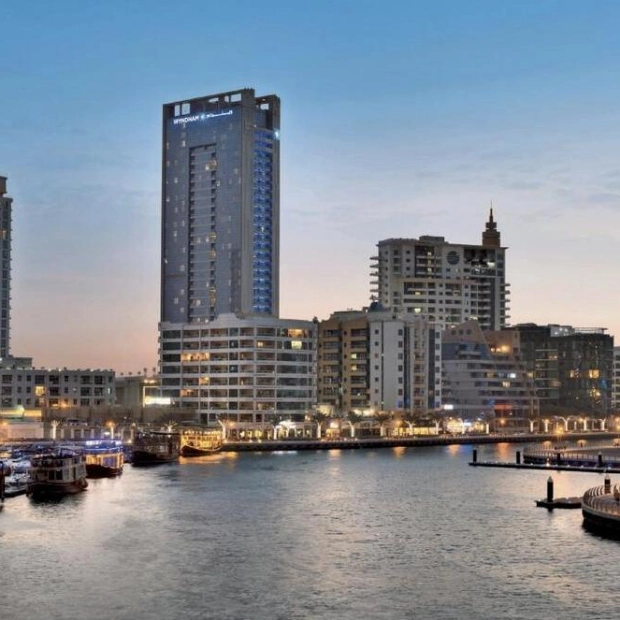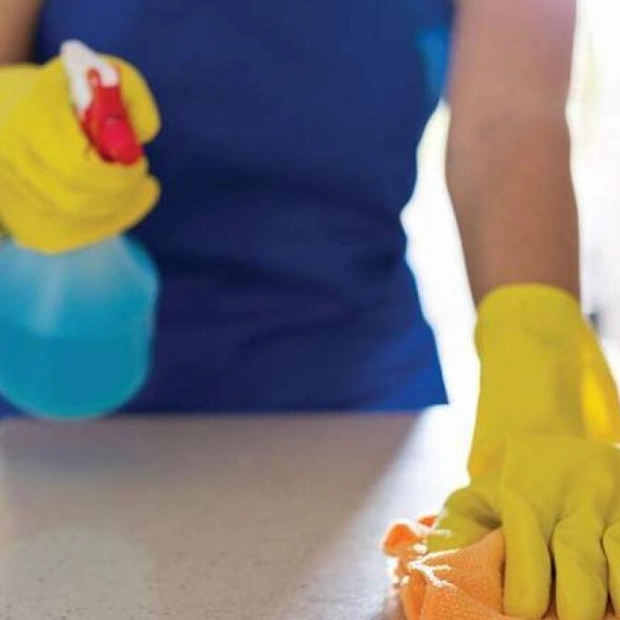Supporters gathered at a campaign event for Republican presidential nominee and former US president Donald Trump in Macon, Georgia, on November 3, 2024. – Reuters
In a Virginia yoga studio, a few dozen people lay with their eyes closed as a gong sounded. Like many Americans, they were seeking tranquility ahead of the high-stress election on Tuesday. White House contenders Donald Trump and Kamala Harris have intensified pressure on voters, urging them to safeguard the nation from potential catastrophe in a political battle that has persisted for years. This ongoing conflict has left many Americans feeling drained, agitated, or at the very least, eager for it to end.
"It feels beyond my control. It's a constant underlying stress," said Cheryl Stevens, 55, after a yoga and meditation session in Reston, Virginia on Saturday. Organizers promoted the session as a way to cope with election-related stress. "What if we have to endure this all over again?" she wondered, referring to the possibility of Trump leading the United States once more. Stevens, a supporter of Harris, revealed that the stress has sometimes left her with only four hours of sleep and in a state of heightened alertness.
Millions of American voters must choose between an ex-president accused of attempting to overturn his 2020 election loss and a vice president who would make history as America's first female leader. This stark choice has caused rifts among spouses, friends, and relatives, while also provoking profound concerns about the nation's direction.
"Americans are increasingly stressed about politics," stated a post on the American Psychological Association's website. "This election season has been tumultuous, marked by assassination attempts, last-minute candidate changes, debate drama, and legal battles." According to an APA survey released in October, 69 percent of US adults cited the presidential election as a significant source of stress. This figure surpasses the 68 percent recorded in 2020, during the tail end of Trump's tumultuous presidency, the height of the Covid pandemic, and intense social justice protests. It is notably higher than the 52 percent reported in 2016, at the onset of Trump's political era.
Among a crowd of Trump supporters in Salem, Virginia, homesteader and hemp farmer Joe Upcavage expressed his frustration. "You're bombarded by the media with all the fake news. You can't say anything on social media without it being reported as false," he said about his experience during this election. "My hometown of Levittown, Pennsylvania, is dealing with a lot of voter fraud, and everyone there is stressed because it's a complete mess," he added. "Our way of de-stressing is focusing on what we need to do—taking care of the chickens, splitting wood," Upcavage noted.
As the election draws near, numerous online articles offer advice on managing election stress, from breathing exercises to avoiding social media before bed. "We all have different tolerance levels for this. It often leads to catastrophizing, jumping to the worst-case scenario," said Susan Albers, a clinical psychologist at the Cleveland Clinic, in an interview with ABC News.
Reggie Hubbard, one of the teachers at the election stress event, encouraged the approximately 45 attendees to prioritize self-care. "I'm glad you all came to be with strangers instead of doom scrolling," he said, eliciting some laughter. "We're in this together whether we like it or not. So why don't we try to like it?" Hubbard added. This sense of unity will be tested on Tuesday when Americans must confront the reality that nearly half the country may not accept the election outcome.
Source link: https://www.khaleejtimes.com
